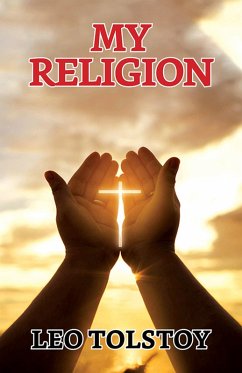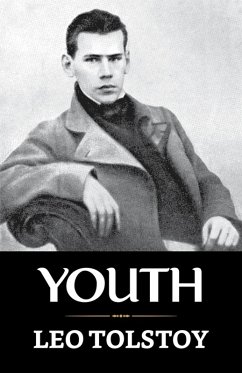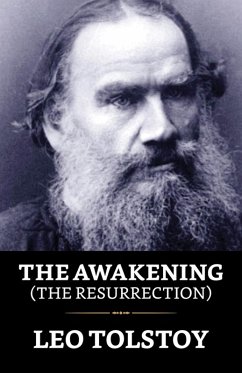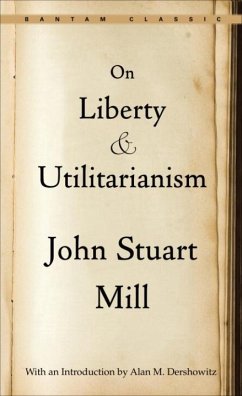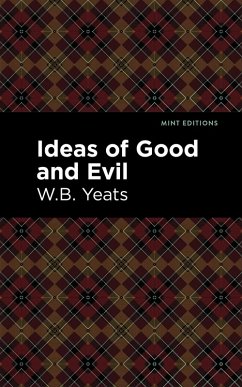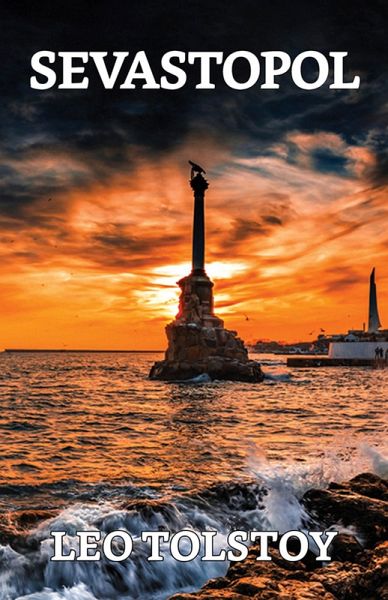
Sevastopol (eBook, ePUB)

PAYBACK Punkte
0 °P sammeln!
The Sevastopol Sketches, called in English translations the Sebastopol Sketches, also published in English as Sevastopol, are three short stories written by Leo Tolstoy and published in 1855 to record his experiences during the Siege of Sevastopol. The name originates from Sevastopol, a city in Crimea. In the December tale Tolstoy introduces us to Sevastopol by giving the reader a tour and introducing us to the settings, mannerisms, and background that would relevant in the following tales. In the May tale Tolstoy examines the senselessness of war, musings that would lay the foundation for his...
The Sevastopol Sketches, called in English translations the Sebastopol Sketches, also published in English as Sevastopol, are three short stories written by Leo Tolstoy and published in 1855 to record his experiences during the Siege of Sevastopol. The name originates from Sevastopol, a city in Crimea. In the December tale Tolstoy introduces us to Sevastopol by giving the reader a tour and introducing us to the settings, mannerisms, and background that would relevant in the following tales. In the May tale Tolstoy examines the senselessness of war, musings that would lay the foundation for his much larger work and magnum opus "War and Peace." In the third and final tale the fall of the town is detailed.
Dieser Download kann aus rechtlichen Gründen nur mit Rechnungsadresse in A, D ausgeliefert werden.




